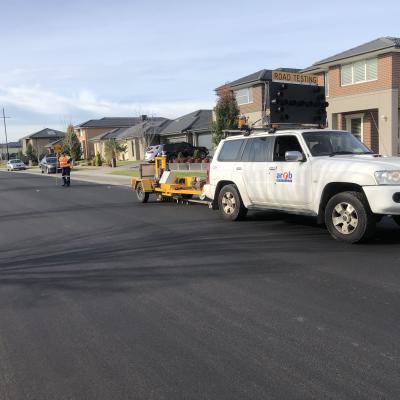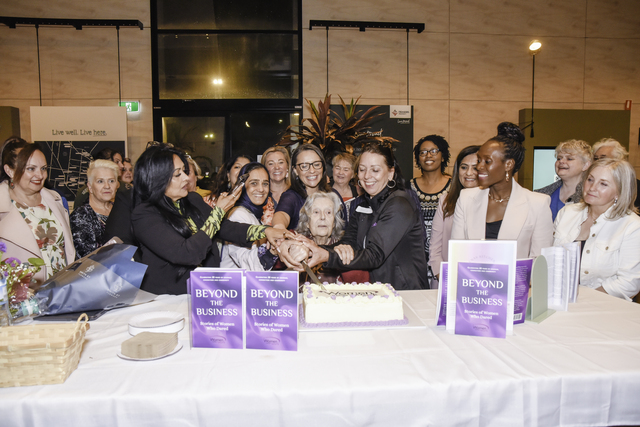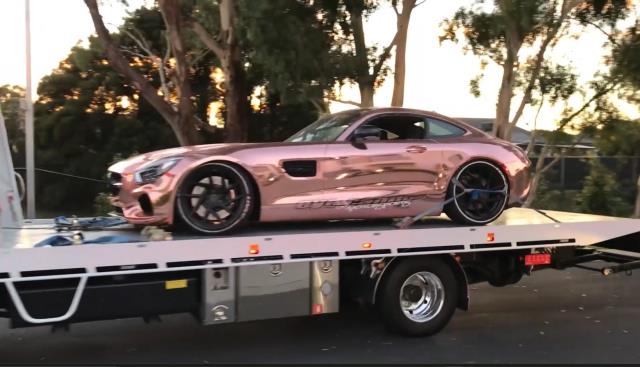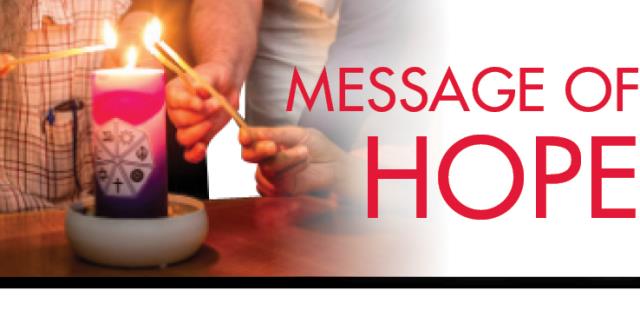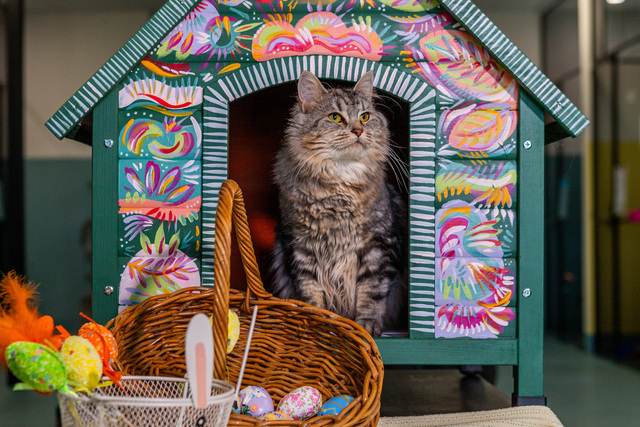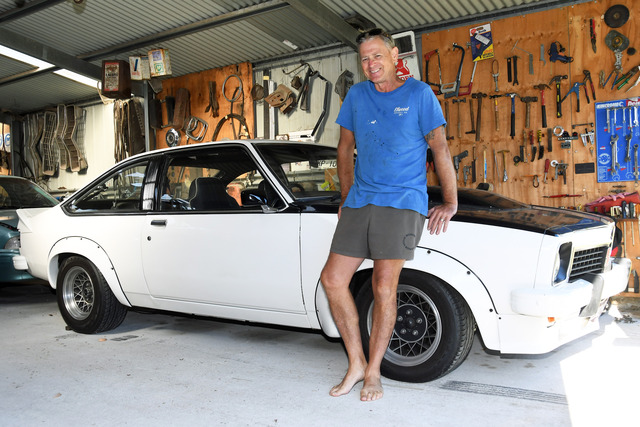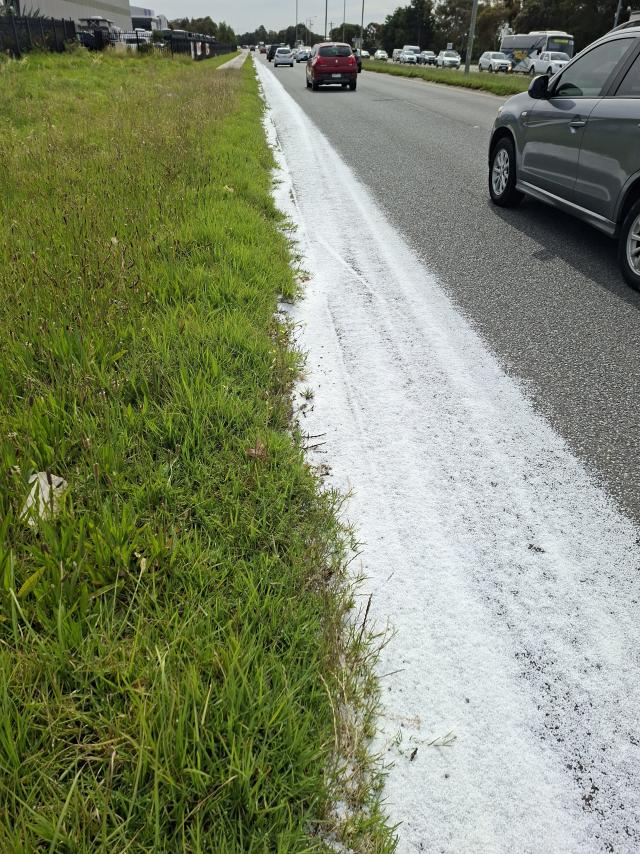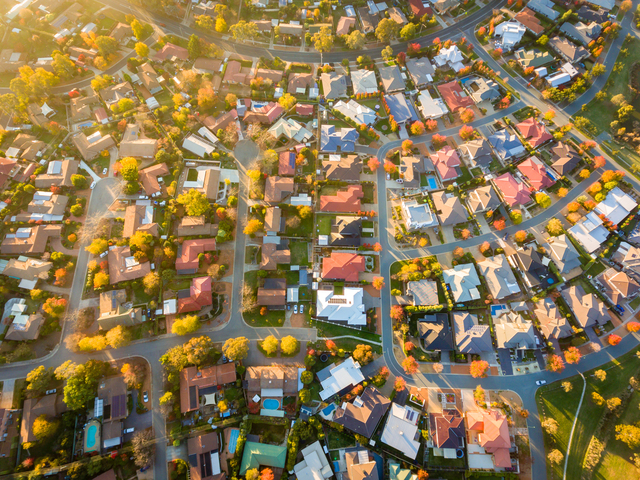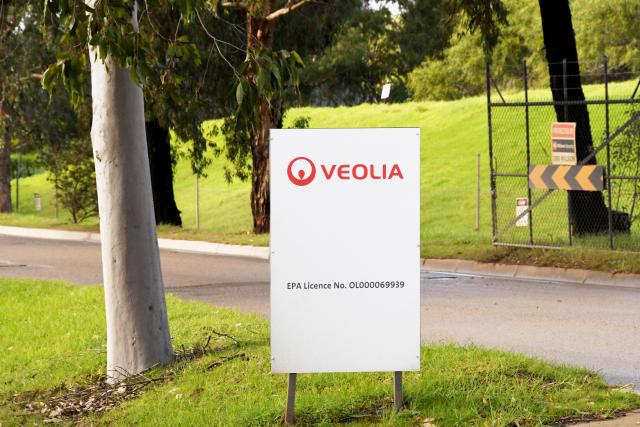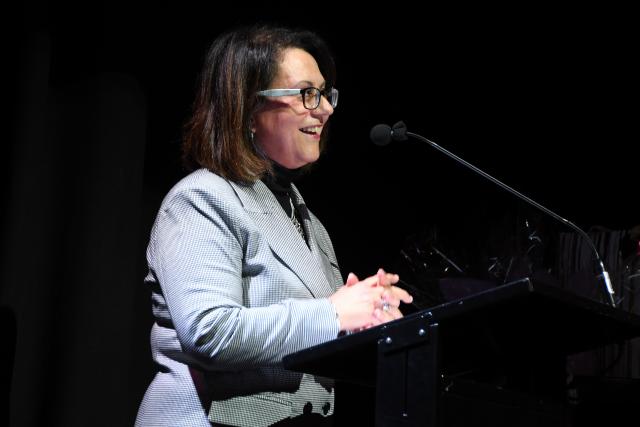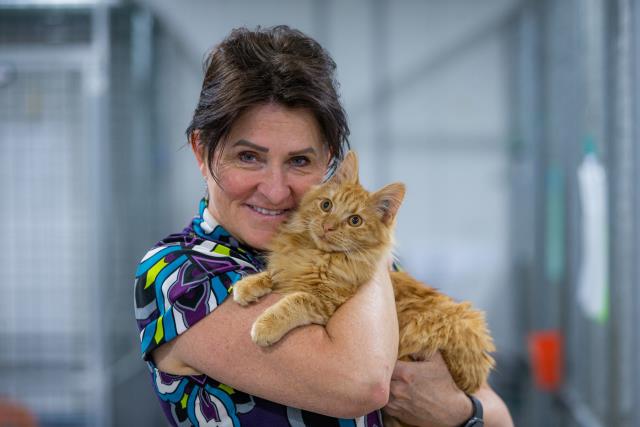The road to solving looming landfill problems is being paved on Church Road, Keysborough.
The Australian Road Research Board and City of Greater Dandenong are conducting a trial of crumb-rubber bitumen on a 250-metre section of road.
The bitumen mix contains one tonne of recycled tyre rubber – equivalent to 128 recycled tyres.
It is expected to create a longer-lasting road without cracking, improved recycling and less use of virgin materials in road building and maintenance.
The surface’s performance will be monitored for five years.
ARRB chief executive Michael Caltabiano said he expected the road to be 20 per cent more durable than straight bitumen.
“It means the community gets a longer-lasting product that can be recycled again, and incorporates rubber from waste tyres.
“From a circular economy view, it’s a great environmental outcome.”
The up-front cost is 5 per cent more expensive, but the maintenance savings create a cheaper whole-of-life product, Mr Caltabiano said.
The product has been used for decades internationally, but is a new offering in Australia.
With expected strong trial results, Mr Caltabiano was confident that more councils will take up the product.
Especially since it potentially helps solve a looming landfill problem, with about a third of Australia’s 56 million waste tyres a year going to tips.
By the end of 2021, Australia will no longer export waste tyres.
If all Victorian roads were to use a mix of 5 per cent crumb-rubber, it would divert 700,000 tyres from landfill.
The ARRB is also testing roads made of crushed glass, waste plastics, construction and demolition waste and 30 per cent recycled asphalts.
Crushed glass made from household-recycled bottles is used as a replacement for the sand road base.
There was still work to do to ensure waste plastics could be fully “immersed” into bitumen, Mr Caltabiano says.
“We have to make sure when the bitumen gets re-used and dug up that we don’t release micro-plastics into waterways.”
Specifications for the waste-plastic product was expected to be complete by the end of 2021, he said.
The Chapel Road testing has been funded by a grant from Tyre Stewardship Australia.

